
I recently completed the Diploma in the Philosophy of Medicine (DPMSA) offered by the Worshipful Society of Apothecaries of London.1 This is a postgraduate qualification primarily designed for members of the healthcare professions, particularly -though not exclusively- doctors.
At its core, the art and science of clinical medicine is more than a series of diagnoses and treatments that intend to cure disease. As is often explored in the articles featured in BJGP Life, our profession is concerned with the very essence of humanity, life, and existence. While medical school and speciality training thoroughly equip us with relevant technical knowledge – knowledge that artificial intelligence is now able to surpass2 – the art of effectively deploying this knowledge with professionalism and wisdom is rooted in the discipline of philosophy, particularly the sub-discipline of medical ethics. The Diploma is a masterclass in bridging these two domains for healthcare professionals on the front line of clinical practice.
…our profession is concerned with the very essence of humanity, life, and existence.
The DPMSA provided an intellectually stimulating, deeply engaging, and genuinely enlightening exploration into the delicate fusion of clinical science and medical philosophy. The programme consisted of 15 days from October 2022 to June 2023. These sessions were mostly hosted online, while a handful were held in-person in the Society’s glorious Apothecaries Hall in central London, and took place on Saturdays from 10am until 3:30pm. The meetings featured presentations from exceptionally knowledgeable academics and large amounts of time dedicated to productive group discussions. In these discussions, participants drew on their clinical experiences.
The course’s curriculum was both wide-ranging and highly detailed, and included foundational teachings on ethical theories and moral frameworks, as well as meditations on key topics of medical ethics including euthanasia, consent, confidentiality, organ donation, and public health ethics. As well as ancient ethical problems that have challenged philosophers for millennia, the programme dealt with contemporary issues of medical ethics, including the moral implications of powerful genetic technologies and advancing artificial intelligence.
The most important aspect of the Diploma was the challenge it laid down for participants to push beyond the familiar doctrines of clinical guidelines and workplace protocols. This allowed participants to develop the skills, tools and confidence needed to become independent thinkers who are empowered to explore the ethical, metaphysical, and epistemological foundations of their medical practice. The programme was accessible to all participants, and was designed to cater for and develop ‘entry level’ ethicists who may not have revisited the formal teaching of medical ethics since their medical school seminars.
A standout feature of the Diploma was the quality of the faculty, who were all highly experienced ethicists in both academic and applied settings. Furthermore, many sessions involved teaching from a ‘guest lecture,’ each of whom had been drafted from the A-list of medical ethicists, with the most notable being hybrid GP and philosopher Professor Raanan Gillon, author of Philosophical Medical Ethics3 and the former editor of the Journal of Medical Ethics. These lecturers were not only deeply knowledgeable but also passionate educators who reliably stirred curiosity and inspired deep inquiry amongst participants.
A standout feature of the Diploma was the quality of the faculty, who were all highly experienced ethicists in both academic and applied settings.
Finally, the interactions between participants – who brought a diverse range of professional backgrounds including general practice, psychiatry and public health – were invaluable . The programme provided a robust framework to help participants wade through the philosophical and ethical issues raised by a wide variety of perspectives, and allowed us to rigorously explore a variety of profound moral dilemmas while both learning from and challenging one other.
In conclusion, the DPMSA course was a highly enriching, deeply enjoyable, and thoroughly engaging programme that has brought direct value to my own practice in the consulting room. For GPs looking to deepen their understanding of the medical profession and its role in the broader canvas of human existence, I cannot recommend this course highly enough. It is an investment not only in professional development – which would also provide countless reflection opportunities for annual appraisal and revalidation purposes – but in personal growth, intellectual development, and independent thinking.
Conflicts of interest
Richard Armitage undertook and completed the DPMSA examination in 2003, and his work was selected for the Sydney Selwyn Lecture, ‘Should your GP help you to give one of your kidneys to a stranger?’ to be given at the Apothecaries Hall on Nov 7th 2023.
BJGP Deputy Editor, Andrew Papanikitas is current president of the Faculty of History and Philosophy at The Society of Apothecaries, and from 2014-2023 led above the course in Philosophy, on which he still lectures and examines.
Deputy Editor’s note: The course and examination are linked but separate, and candidates who have relevant experience/have already attended courses elsewhere are now welcome to apply for the DPMSA examination. This was redesigned during COVID-19 as a formative as well as summative assessment to help candidates develop healthcare-relevant philosophical skills.
References
- https://www.apothecaries.org/diploma-in-the-philosophy-of-medicine/ [date accessed 18/8/23]
- R Armitage. ChatGPT prepares for the AKT and does rather well. BJGP Life 07 August 2023. https://bjgplife.com/chatgpt-prepares-for-the-akt-and-does-rather-well/
- R Gillon R. Philosophical Medical Ethics (Wiley 1986)
Featured image taken by Andrew Papanikitas, 2023

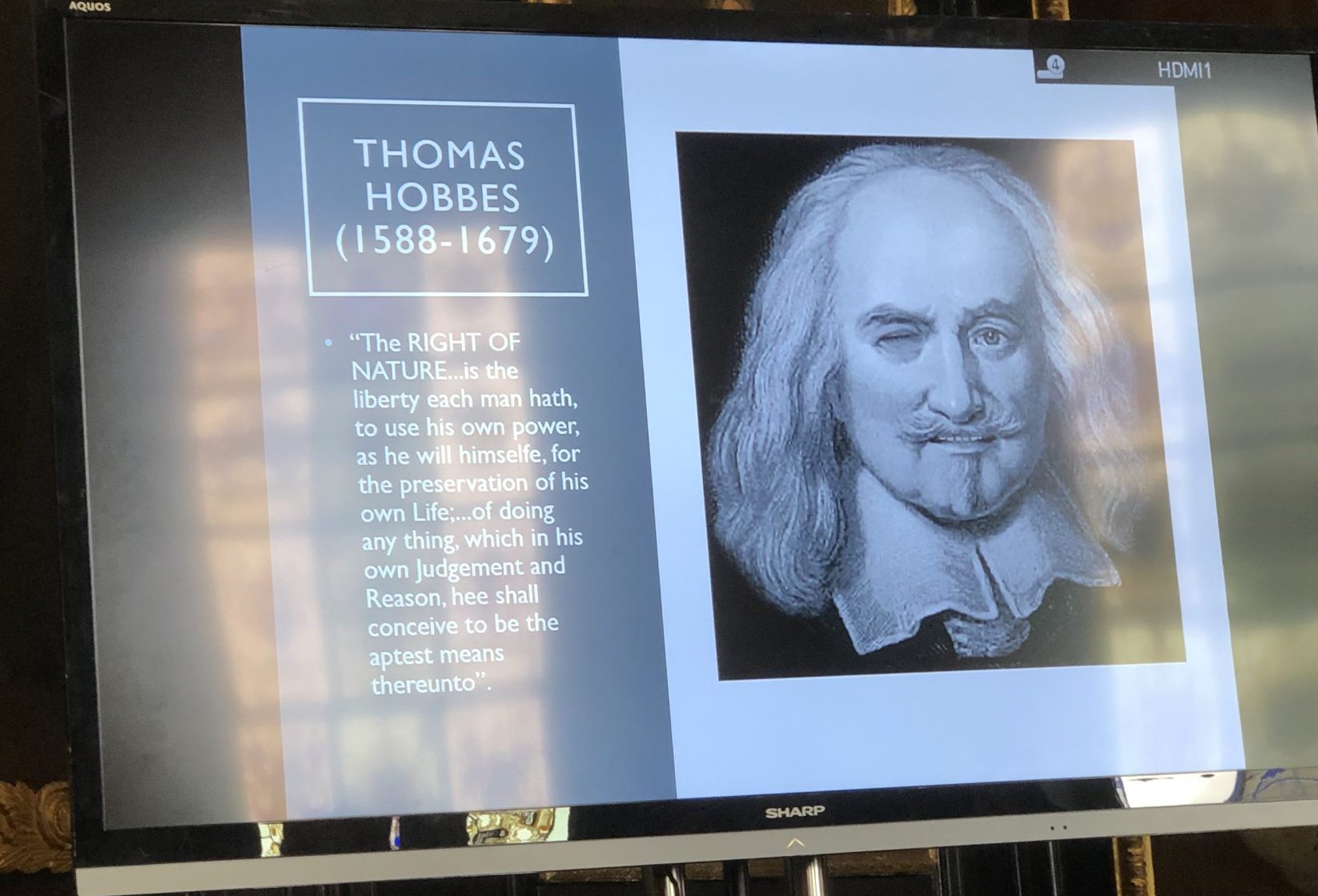
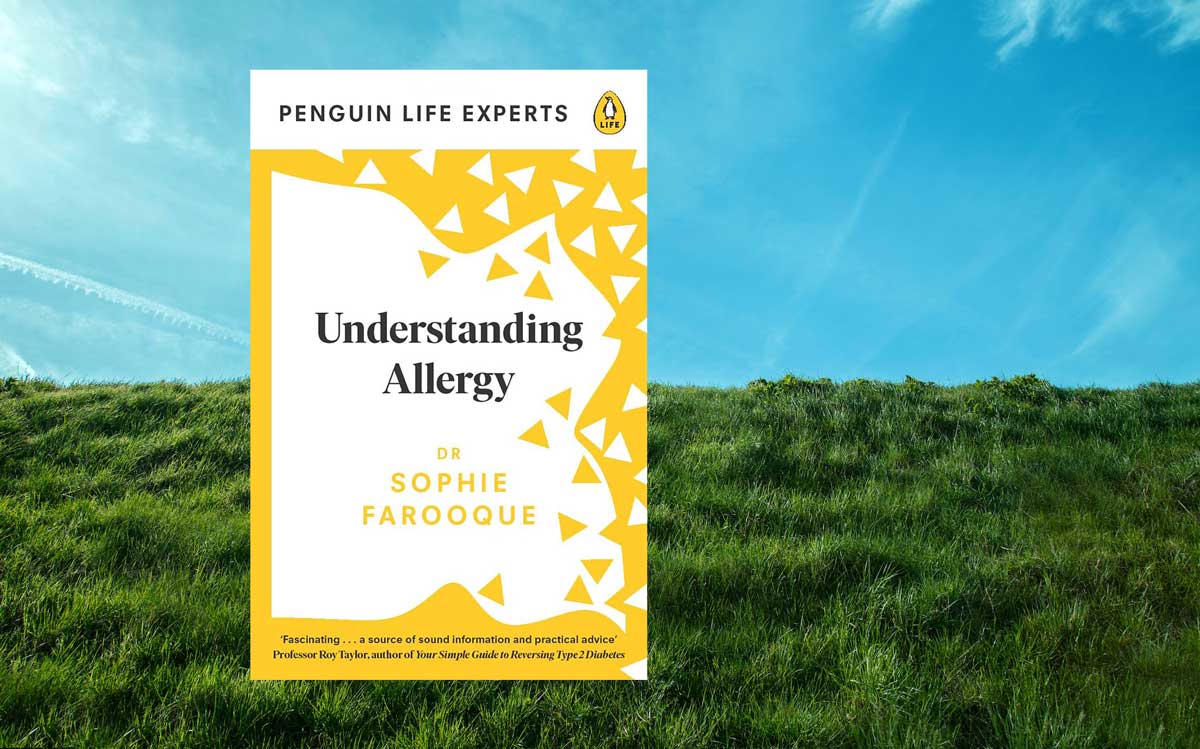


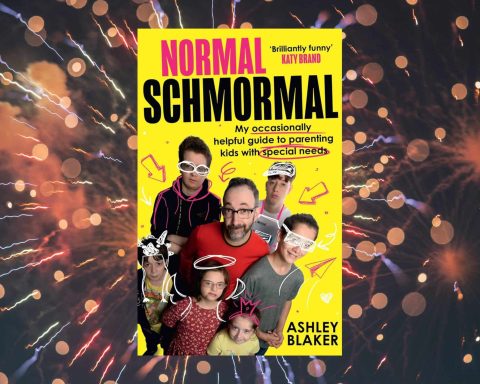
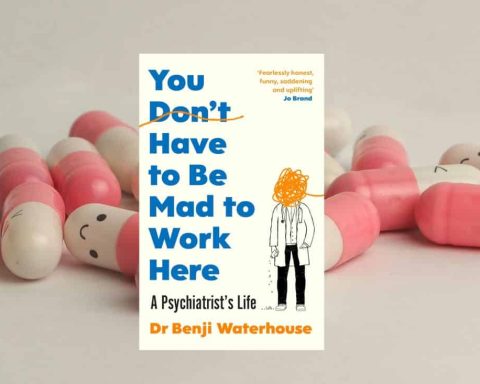
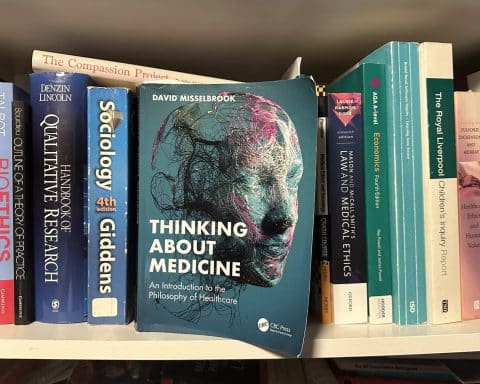

Well done Richard! But perhaps this course needs a health warning. I did the course in 2001 and it led me to an ongoing interest, a fascinating addition to my clinical career. It was great just to put one’s head above the parapet and think for oneself for a change. Thinking can keep one going in hard times.
I know the feeling David! I did the course in 1999-2000, with similar professional repercussions.